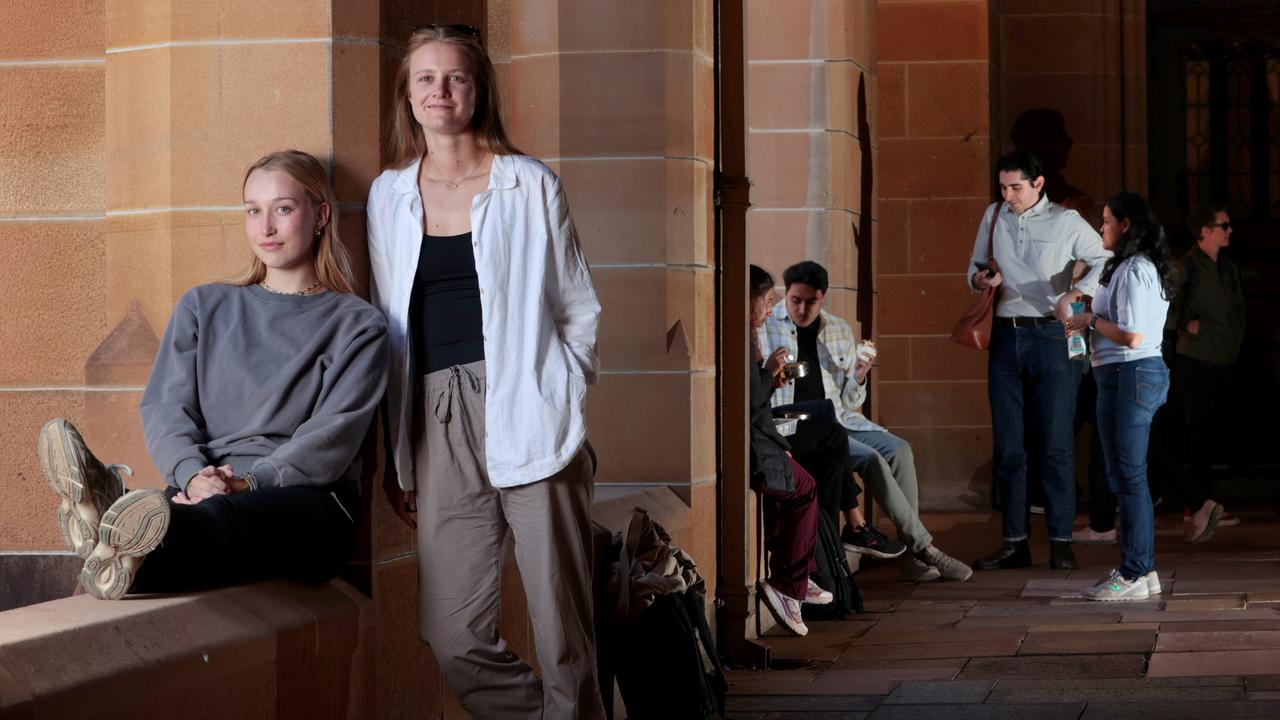ANU physicist Susan Scott wins top European award
ANU physicist Susan Scott has been honoured with a top European award for her work on gravitational waves.

Australian National University physicist Susan Scott has become the first Australian to win a prestigious Blaise Pascal Medal in Physics from the European Academy of Sciences in recognition of her work, which has helped unlock the secrets of gravity.
The academy, which made the award at a ceremony in Brussels this week, praised the contribution Professor Scott made to the momentous 2015 discovery of gravitational waves.
“She played a leading role in Australia’s participation in the first detection of gravitational waves in 2015, and the development of the field of gravitational wave science in Australia following on from that discovery,” the academy said.
Gravitational waves, which are vibrations of space that travel through the universe at the speed of light, were predicted by Albert Einstein’s general theory of relativity published in 1915. But the waves were not discovered until a century later, when the technology was developed to detect such minute vibrations.
Two gravitational wave detectors – one in the US state of Washington, the other in Louisiana – were able to measure the waves by using lasers to calculate the infinitesimal movements over a 4km length caused by the waves’ vibration.
Gravitational waves are generated by major cataclysms, such as the merger of two black holes, and the successful development of wave detectors has given humans an entirely new way to make observations deep into space and back in time to the early universe.
This week, the European Academy of Science also awarded Blaise Pascal Medals in other fields – chemistry, engineering, materials science and maths.
Professor Scott said she hoped her award would help show Australian girls that they could achieve amazing things in science “if that’s what they are passionate about and want to do”.
“In Australia and across the world, we still have a critical lack of women in science. Things are improving but there is much more work to be done to make sure there is greater representation and equity,” Professor Scott said.
“Greater representation and diversity means a greater and more diverse pool of ideas and thinking, which means better science and better overall outcomes.”
The award is named after 17th century French mathematician, scientist and philosopher Blaise Pascal, who made a major contribution to probability theory.
His work on fluid mechanics led to the standard unit of pressure – the pascal – being named after him.
Professor Scott said that, as a teenager, she had “read a number of works of Blaise Pascal and was in awe of him as a scientist”.
“His contributions were marked by their inventiveness and diversity, ranging from projective geometry, probability theory, calculating machines to fluid dynamics,” she said.
Earlier this year, Professor Scott became the first Australian to be elected a fellow of the International Society on General Relativity and Gravitation in recognition of her contributions to the understanding of the singularities and the structure of space-time.



